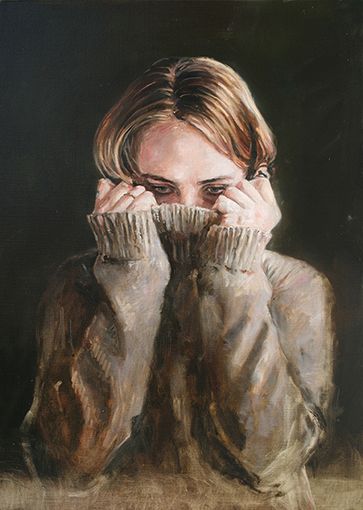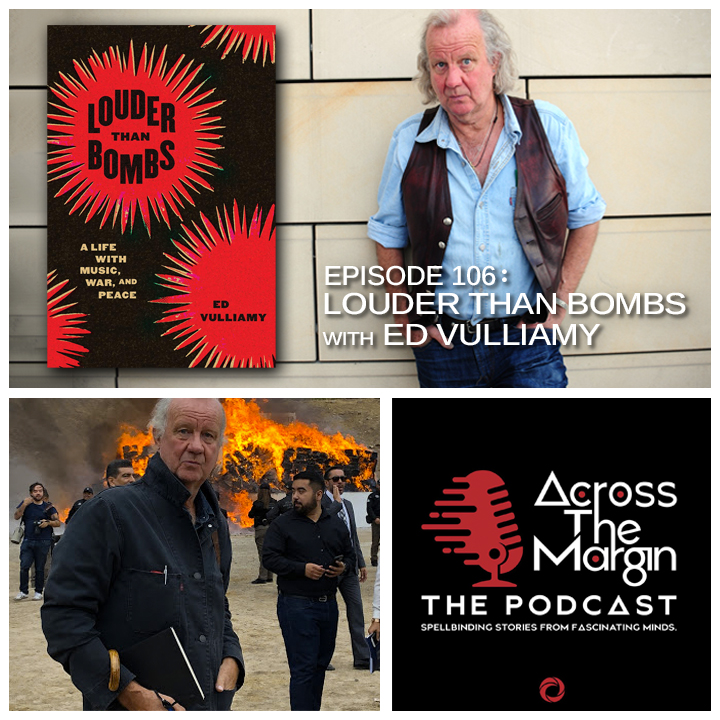When lives and dreams are swallowed by the horrors of war, a soldier — just a child — attempts to find a way to move on…

by: Jurgen Stahl
You will come home in the morning, won’t you?”
Mother didn’t use to say goodbye to him like that. A simple nod at best, that was all. Paul was not her favorite son, far from the most beloved among the four. When the black-framed letter arrived, however, Paul hoped things would change. But during these trying times, there was only so much love a mother could offer. “Lost in the East, a hero…” the letter read. Three short lines with three typos and an illegible signature was all the letter managed. Written in a hurry, no doubt. Too many to send out in the days leading up to victory.
Paul had said nothing that day when the news came. Instead, he locked himself in the closet down the corridor and shed tears until his eyes hurt.
First Father, now Erwin — gentle and always smiling Erwin — who never wanted to be a hero. A life wasted, far from home where none of them should have ever been.
Mother’s hair had turned white that night, but her eyes remained dry.
“You will come back, won’t you?” she demanded again.
“Of course, Mother.”
His sisters, Elizabeth and little Christa, stood in the doorway, watching. Christa, her curly, jet-black hair falling into her eyes, was always burdened with worry. She clasped Elizabeth’s hand, her brown eyes pleading with Paul.
Paul winked and grabbed his helmet and army flask.
“Don’t leave us on our own,” Mother said. “Now that Erwin has given his life to the country. Come home.”
He hoped for a quick peck on his cheek, but Mother closed the door behind him.
It’s over, Paul.” His commander, a veteran at eighteen, blew cigarette smoke towards the scorching anti-aircraft gun. The blue fog caressed the barrel before escaping into the early morning sky. “Go home. Nothing more to do here. See ’ya after school tomorrow, eh?”
The youthful commander flicked the ashes of his cigarette with fervor.
It was still now, after another never ending night of cannon fire and explosions around them that lit up the sky in a grey-orange hue. The planes had flown in close formation, shrouding the stars. Many bombers had made it into the city and would return after sunset.
Before the grand struggle began, Paul and Erwin climbed up on the roof of their building, risking Father’s wrath. Erwin always picked out Orion, Taurus, and Gemini. Astronomy was his first and last love. It was a distant memory now — four, five years ago?
The streetscape lay broken. Skeletons of buildings huddled next to others, blackened by the firestorms.
Some fires lingered on. Clouds of dust and stink hovered over the debris and women and old men pulled the dead from the ruins, laid them out in a straight line along the side of the road. Silence set in after the sirens, suffocated within minutes by endless thunder that stole the night. Nights that robbed everyone of the will to talk.
A blonde girl, cuddling a scruffy teddy bear with her right arm, stared at Paul, not letting go of her mother’s frock with the other hand. He attempted a smile, yet she stared blankly ahead. He understood. Not too many young men were left. And he was a man, at sixteen. His uniform said so.
This was not what Mother and Father and all the others had promised since he was a boy. Now the war had swallowed up all of Paul’s youth. Four blocks later, he stopped and blinked.
His school, Goethe High School — so proud of its excellence in teaching the dead languages — was no more. Not a single wall had resisted the storm. Stumbling in the smoldering debris was Dr. Schneider, another old man committed to the cause and eager to terrorize his class with Latin grammar and Greek syntax. Just the day before, he had screamed about the final struggle.
Dr. Schneider’s hair, usually divided in the midline as if cut by a razor, fell into his face, matted by dust and ash. He mumbled words to himself that Paul didn’t understand, but no longer salivated at the supposed glory that awaited them. A thousand years the new Fatherland would shine, the teachers had proclaimed before they sent off Erwin and the others to die. Now their lies lay buried under the rubble. Paul watched Dr. Schneider disappear behind the ruins and chuckled. No more Latin declensions from that lying piece of shit.
Paul turned the corner to his street and froze again. This couldn’t be. His knees gave in. Only the back wall of his home remained, standing erect on a pile of ash. Three gaping wounds near the roof where windows had once been stared at him, mocking the survivor. He pressed his eyelids together, and let out a deep sigh. “Hard as steel” the Fuhrer’s heroes had to be, the old had drummed into his classmates, day in, day out.
Now more than ever, during these last days, before the promised miracle.
He buried his face in his hands.
Pau’s last moments with Mother, Christa and Elizabeth seared him. Christa clutching Elizabeth, her eyes dew-filled, as though she’d known. Paul wanted to slice the memory out of his brain and throw it into the smoking heap.
A hand touched his shoulder. A young soldier in a ragged, gray uniform, wearing the beaten face of the few who returned.
“Yours?” he said.
Paul nodded.
“Direct hit,” the soldier said. “What now?”
“Now?” Paul scanned the surrounding remains. He made no attempt to wipe loose tears away. “I’ll find myself a new home.”
Jurgen is German-Australian from Adelaide, South Australia. He is a medical specialist in anatomical pathology and writes about the people who spend their lifetimes in the medical world. His work has been published in the Flash Fiction Magazine (March, September 2021) and three micro-fiction stories have appeared in The Centifictionist. He currently works on a novel that tells a story in the world of mortuaries, drug trials, and human failure in modern medicine.





